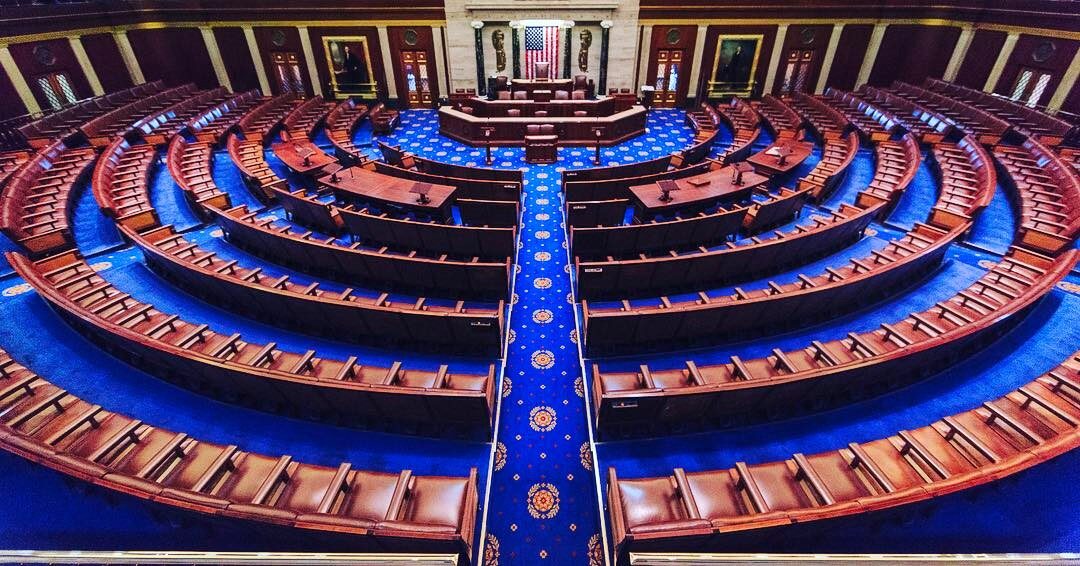To speed solar and storage adoption, the US Energy Information Administration (EIA) should collect and report more data on interconnection, grid constraints, utility system outages, and manufacturing of PV module components and materials, said the Solar and Storage Industries Institute and its affiliated national trade group, SEIA, in joint comments to EIA.
The comments respond to EIA’s proposed three-year extension and changes to its Electric Power and Renewable Electricity Surveys. The two groups approved of EIA’s proposed changes, and said EIA should also provide data that would speed adoption of renewables and help meet federal and state climate goals.
“We hope EIA will recognize the opportunity before them and consider changes that would ultimately improve transparency and speed solar adoption,” said David Gahl, executive director of the Solar and Storage Industries Institute. He encouraged industry partners to “weigh in” by the comment deadline of July 22.
Interconnection delays for both large-scale and distributed projects are a “major roadblock” for the solar and storage industries, said the comments, calling for detailed information on interconnection queues and timelines, and data on upgrade costs for all projects, including projects that are withdrawn after receiving a cost estimate.
EIA should also standardize and aggregate interconnection queue reporting across regional grid operators and utilities, the groups said, to aid transparency and help federal and state regulators as they work to streamline interconnection application and approval processes.
To aid hosting capacity analysis for additional grid resources, the comments called for monthly reporting on the locations and characteristics of both transmission lines and substations, and distribution lines and substations.
Because information on utility system outages would aid storage providers in adding storage where it is most needed, distribution utilities should report on system outages and “close calls,” when system outages were prevented through demand response calls, the comments said, noting that in most states, this information is collected by state public utility commissions and “should be readily available.”
To illuminate manufacturing, assembly and supply chains for solar and storage, EIA should collect capacity and production data for silicon metal, polysilicon, ingots, wafers, inverters, and rechargeable battery cells, the comments said.
EIA should also publish more of the information it now collects on shipments of cells and modules, as currently “so much of the information is redacted” that the product of the survey “sheds very little light on the key issues.”
To assess employment, EIA should collect and publish data on the number of employees at all generating plants, “not simply renewables projects,” during both construction and operations phases, the comments said. EIA should also publish the data on plant costs that it already collects, to “greatly improve” transparency and utility accountability in regulatory proceedings.
As location-specific data on the usage of electric vehicle fast chargers could help guide the buildout of electric vehicle charging infrastructure, EIA should collect data on electricity sales to EV fast chargers, ideally by location, the comments said.
To help policymakers better assess the evolution of the distributed energy system, utilities should report data on each system or project interconnected to their distribution system, the comments said, noting that such detail is already collected and published by many states at the zip code level.
EIA has broad statutory authority to collect data on energy in the United States, said David Gahl.
This content is protected by copyright and may not be reused. If you want to cooperate with us and would like to reuse some of our content, please contact: editors@pv-magazine.com.








By submitting this form you agree to pv magazine using your data for the purposes of publishing your comment.
Your personal data will only be disclosed or otherwise transmitted to third parties for the purposes of spam filtering or if this is necessary for technical maintenance of the website. Any other transfer to third parties will not take place unless this is justified on the basis of applicable data protection regulations or if pv magazine is legally obliged to do so.
You may revoke this consent at any time with effect for the future, in which case your personal data will be deleted immediately. Otherwise, your data will be deleted if pv magazine has processed your request or the purpose of data storage is fulfilled.
Further information on data privacy can be found in our Data Protection Policy.